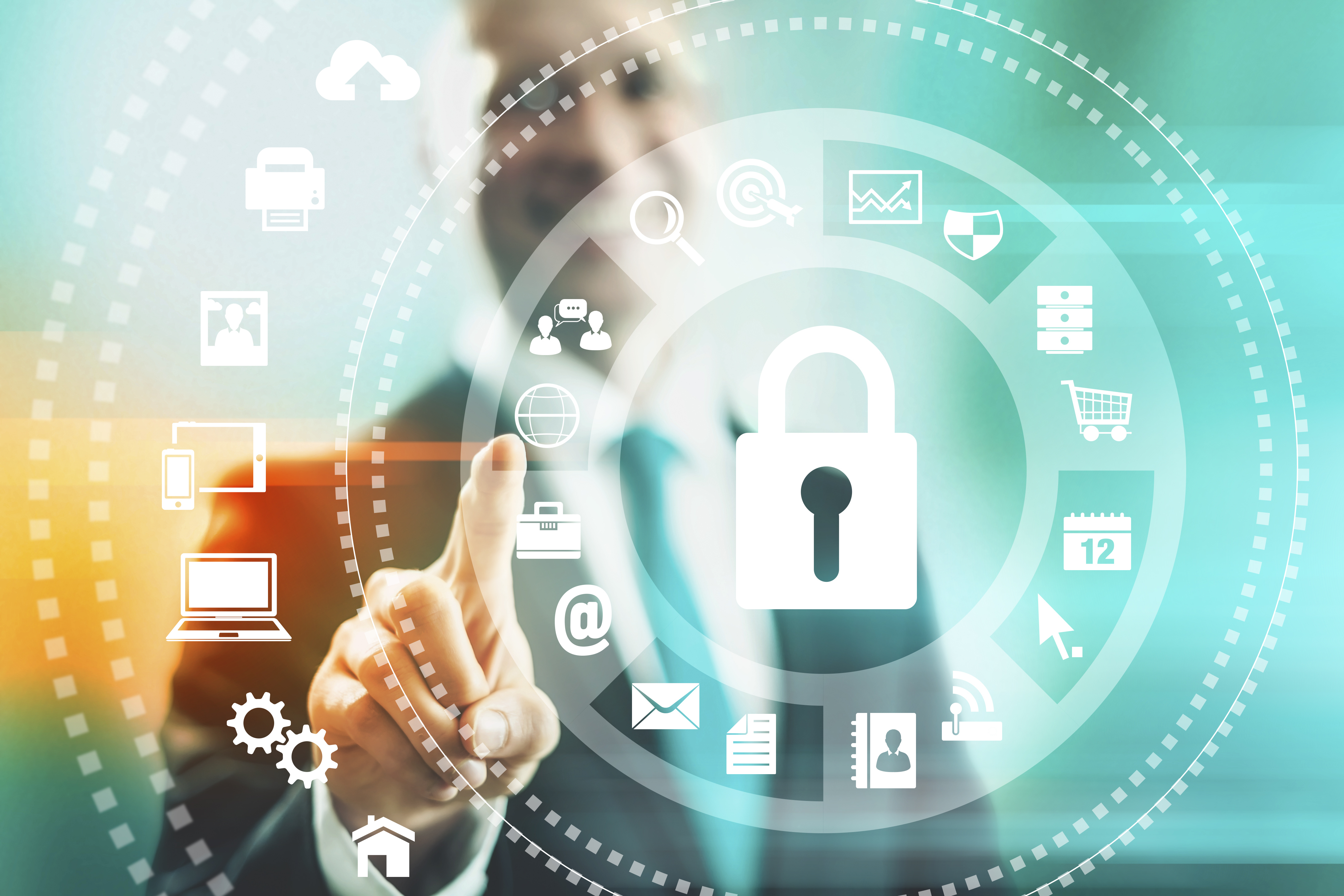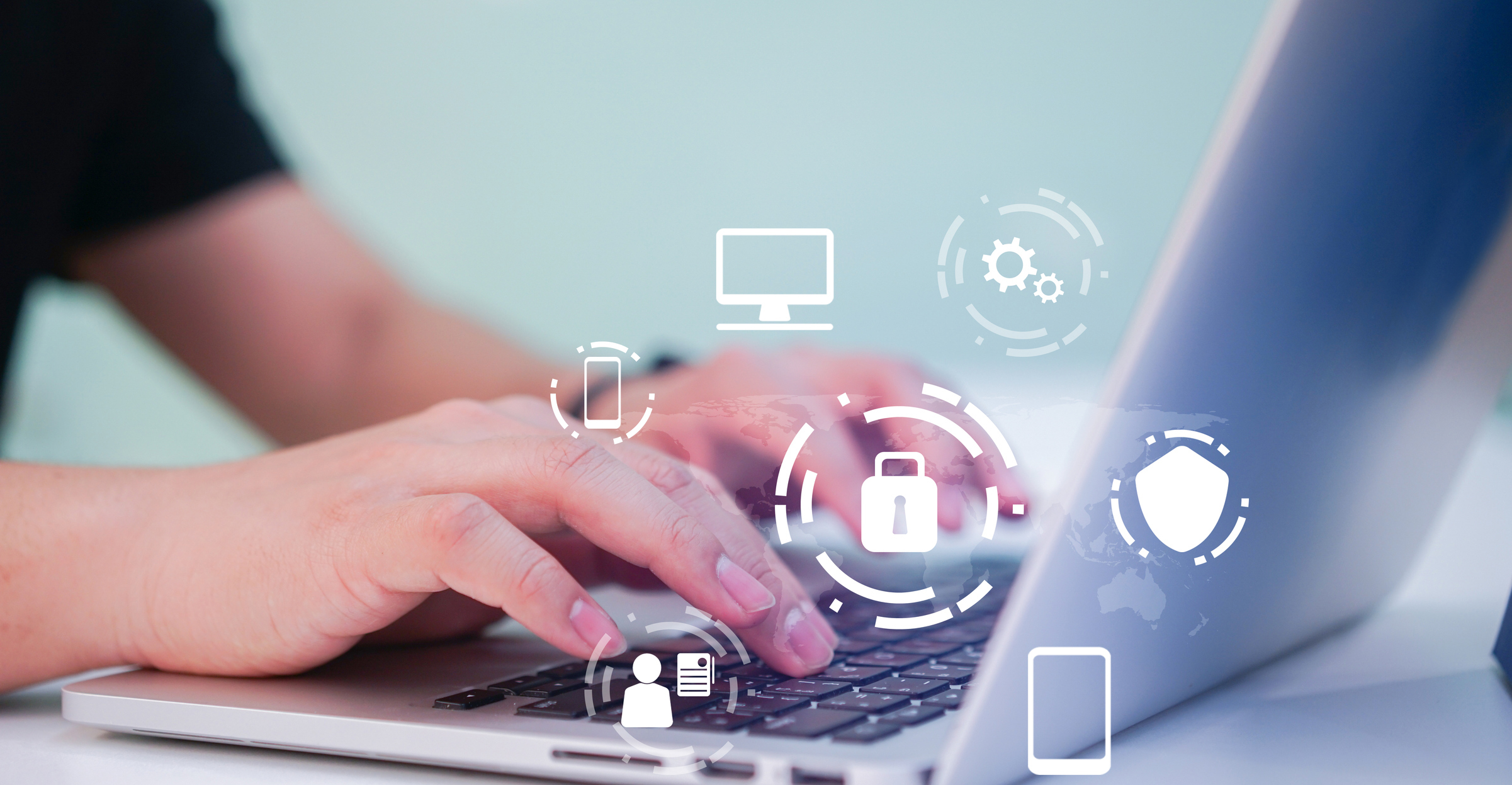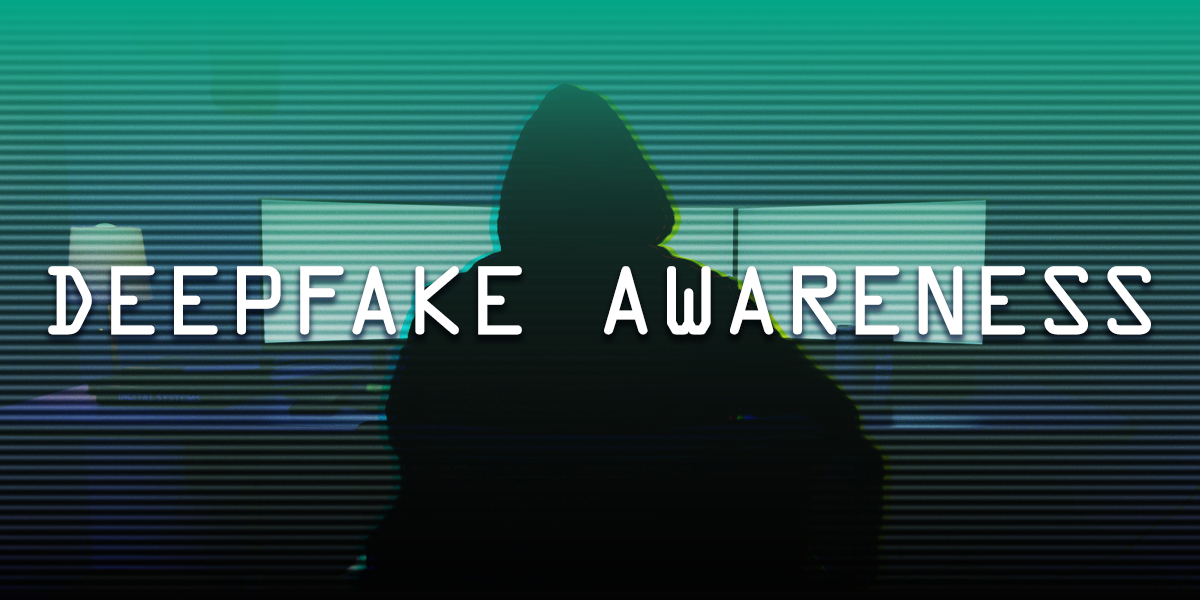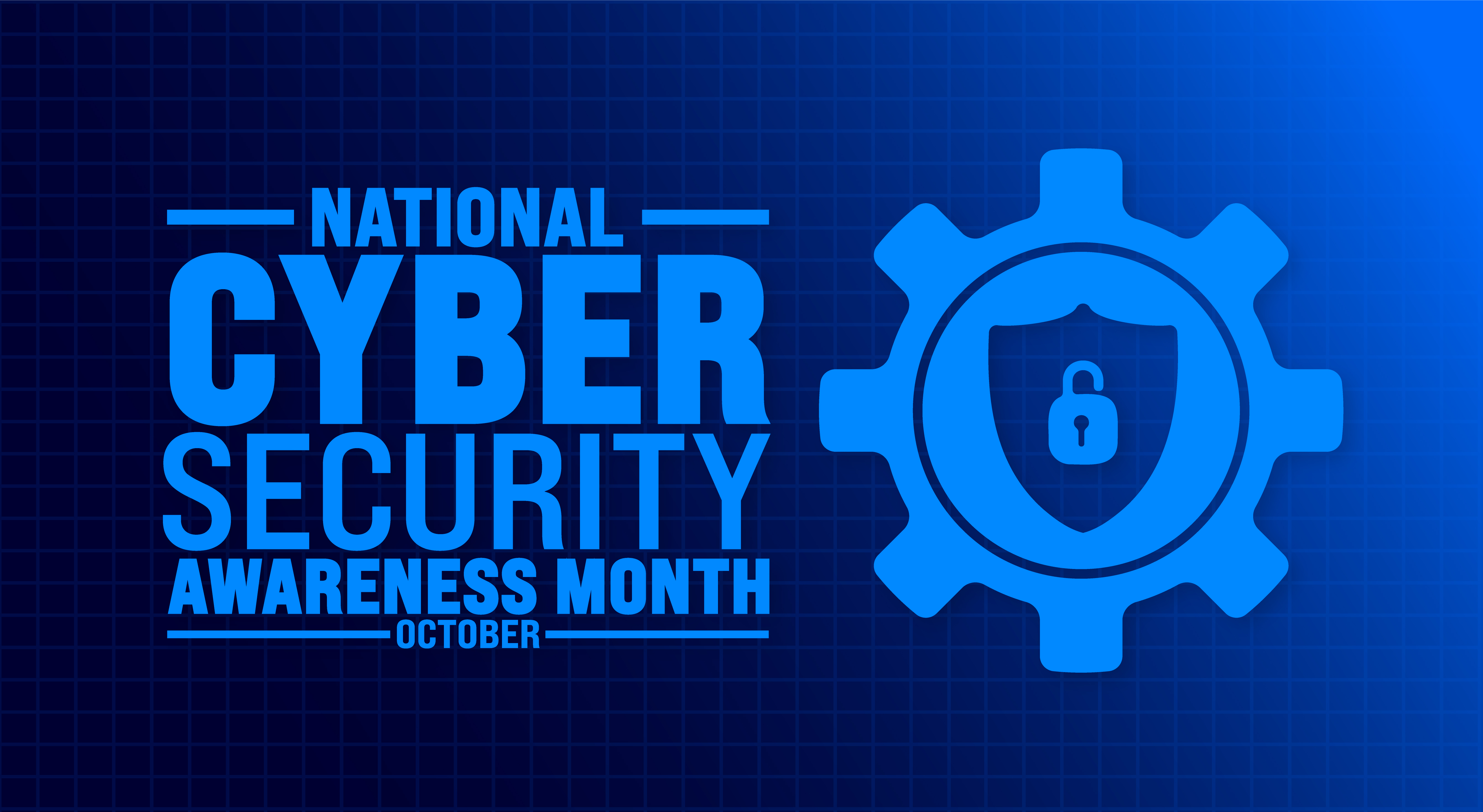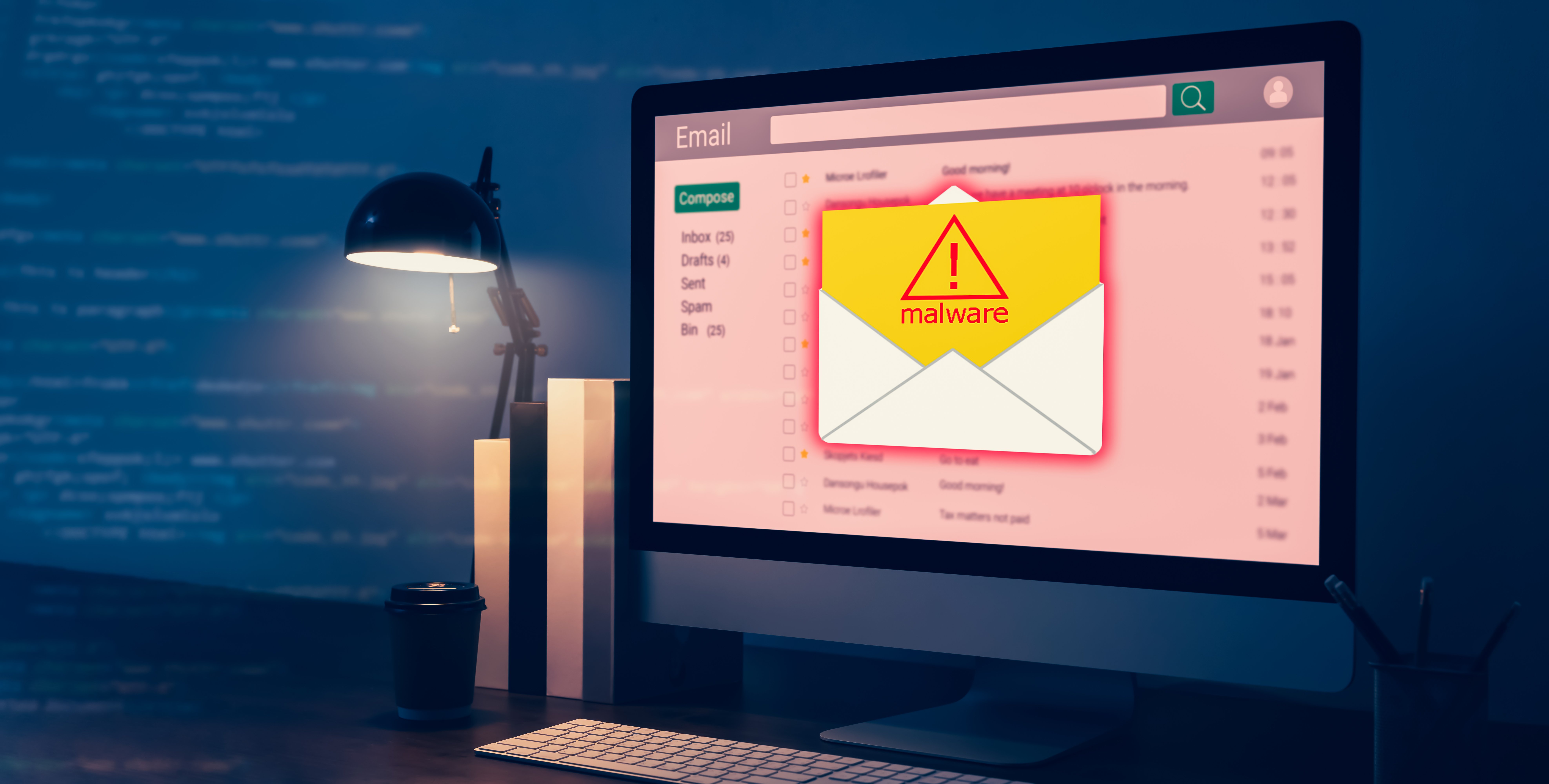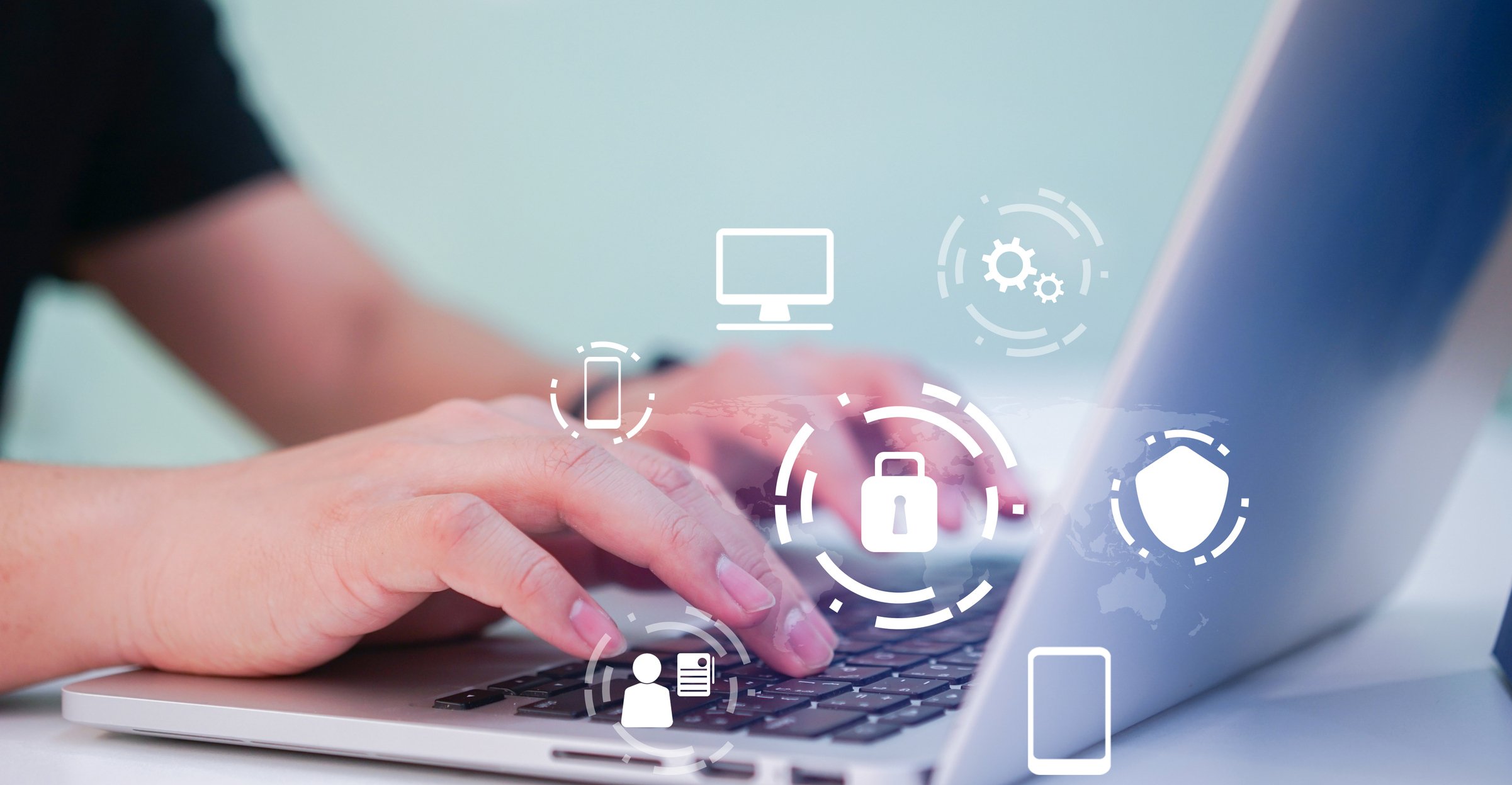HAI Group
Resource Center
Resident Program
-
 Ally Modugno
Ally Modugno
- January 14, 2026
HAI Group Scholarship Fund: Opening Doors to Opportunity Through Education
For many residents living in public and affordable housing, the cost of higher education can feel out of reach. HAI Group’s Resident Scholarship Program was created to help change that by supporting residents who are working toward their educational goals and investing in their futures.

Recent Resources
- Filter:
- December 18, 2025
- December 15, 2025
- October 2, 2025
- September 30, 2025
- September 18, 2025
- September 15, 2025
Upcoming Programs and Events
Now Open
Loss Prevention Fund
March 2026
HAI Group’s Loss Prevention Fund is a competitive annual reimbursement program for members, backed by a $3.5 million pool of funds. This program provides financial support for purchasing risk management and loss prevention products or services.
Now Open
Playground Safety Poster and Essay Contest
February 2026
HAI Group invites young residents aged 6-14 from policyholder organizations to participate in our annual Playground Safety Poster and Essay Contest. Participants are encouraged to share creative ideas that highlight ways to keep playgrounds safe and secure.
Read the contest details and apply.
Now Open
Resident Scholarship Program
February 2026
HAI Group’s Resident Scholarship Program helps low-income students pay for higher education. In 2026, we’ll be awarding scholarships worth $6,000 each to 20 residents to continue their education. Application period ends June 5.
Risk Control Tips
RISK MANAGEMENT | Maintenance
RISK MANAGEMENT | Resident Safety
Hoarding Risk, Signs, and Resources
RISK MANAGEMENT | Emergency Planning
RISK MANAGEMENT | Maintenance
RISK MANAGEMENT | Water Safety
RISK MANAGEMENT | Maintenance
Protecting from Equipment Failure
RISK MANAGEMENT | Cybersecurity
RISK MANAGEMENT | Emergency Planning
RISK MANAGEMENT | Flood Safety
Curated Resource Centers
Explore targeted tools and insights to enhance your crisis, cybersecurity, and fire prevention strategies.
Crisis Communication Center
When tensions rise, the wrong words can erode trust, harm your organization’s reputation, or increase liability. Preparation makes all the difference. Explore our crisis communication resources for affordable housing organizations.
Cybersecurity Center
Cyberattacks on housing providers are rising, with cybercriminals using advanced tactics to breach systems and compromise sensitive data—threatening residents, employees, and stability. Start building a more cyber-resilient housing organization today.
Fire Prevention Center
HAI Group’s internal data paints a startling picture: the severity of fire losses experienced by policyholders continues to increase year-over-year, from an average of just under $40,000 per loss in 2018 to nearly $60,000 per loss in 2022.
Curated content from the public and affordable housing world
Risk management, insurance, and professional development tips exclusively for the affordable housing industry, delivered weekly to your inbox. Join the thousands of other housing professionals who look to HAI Group for up-to-date information and advice.

